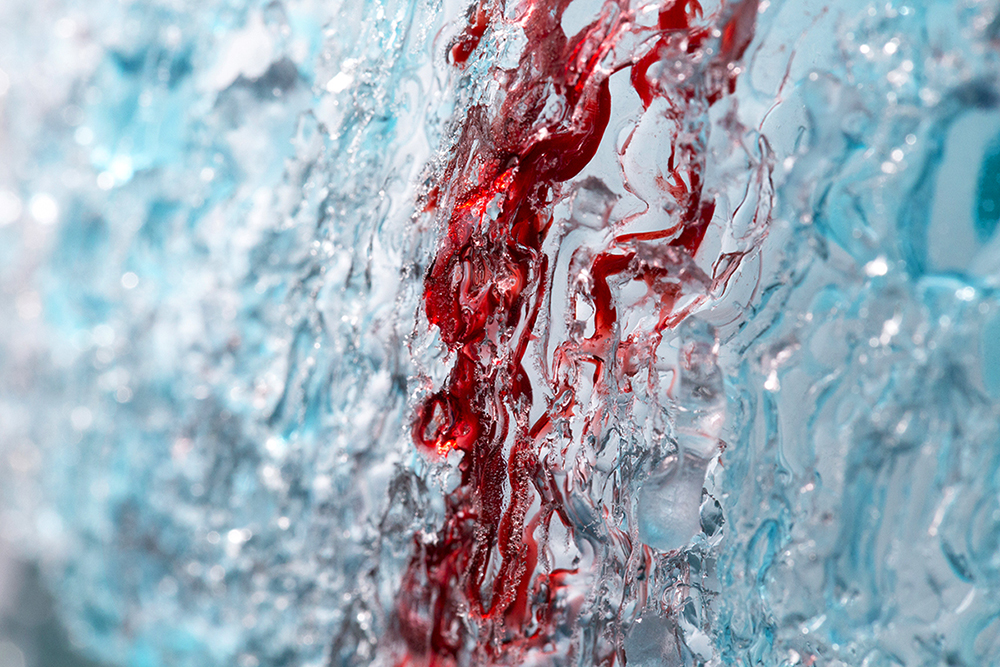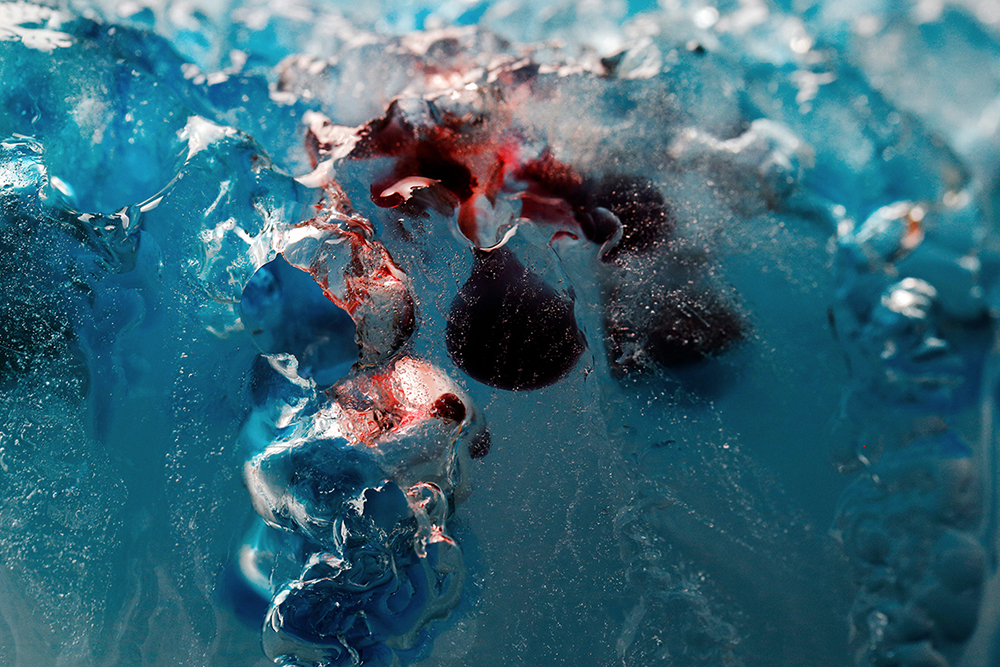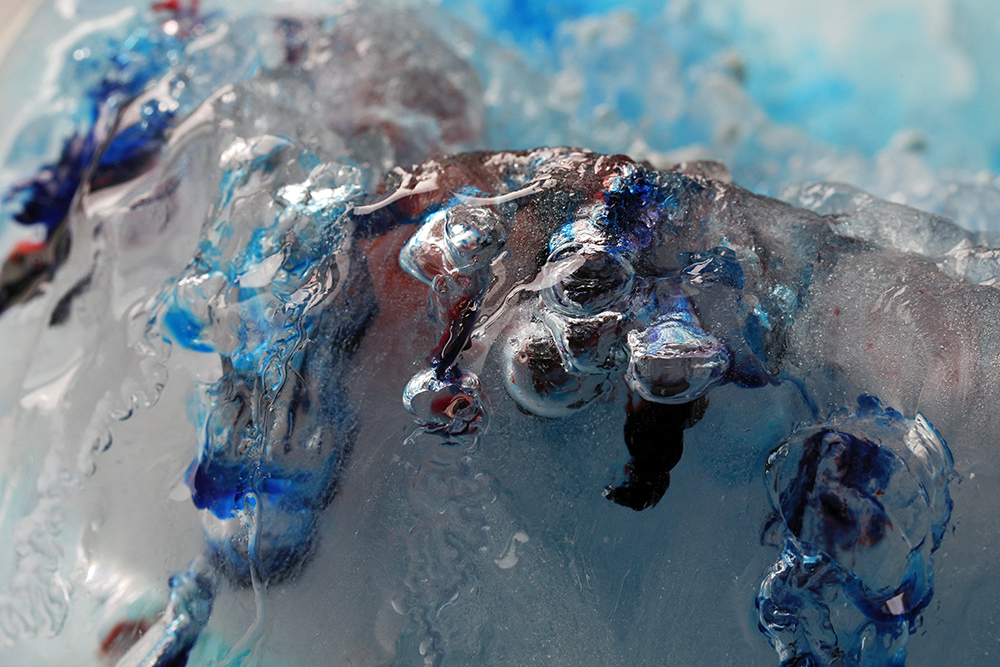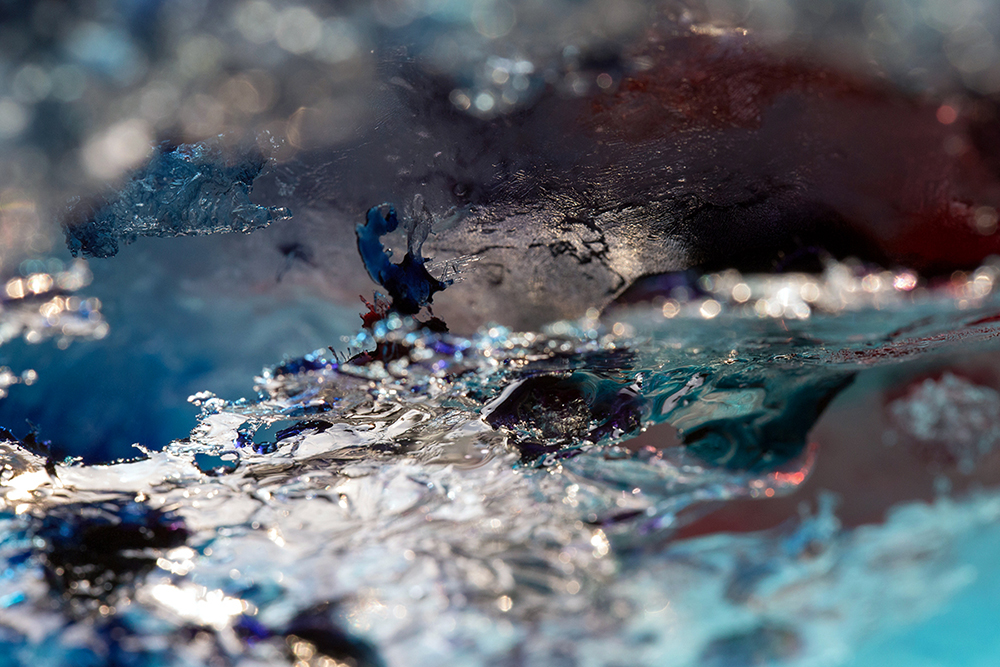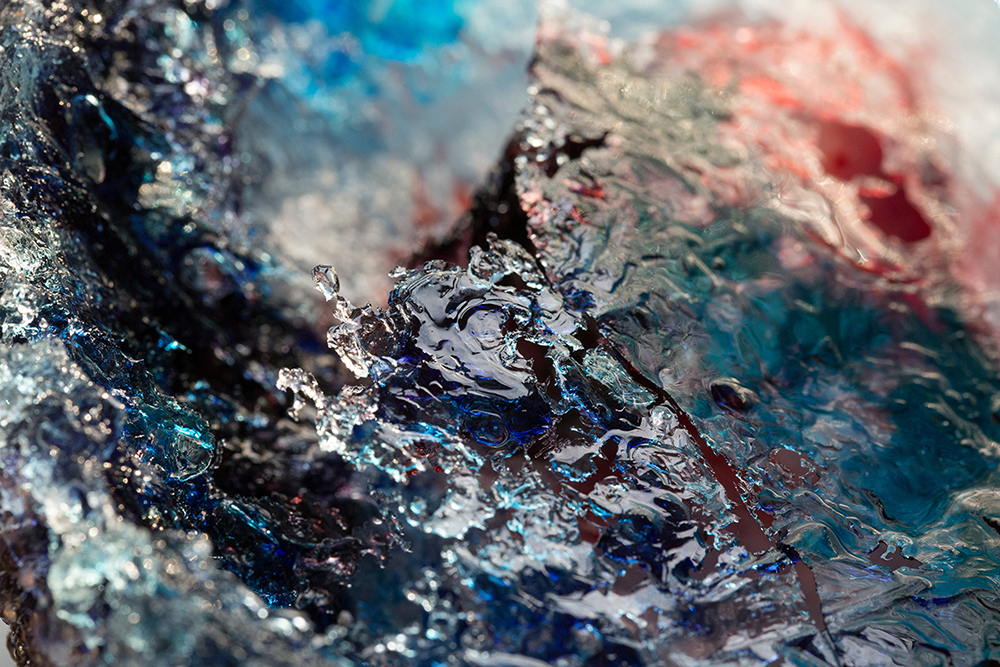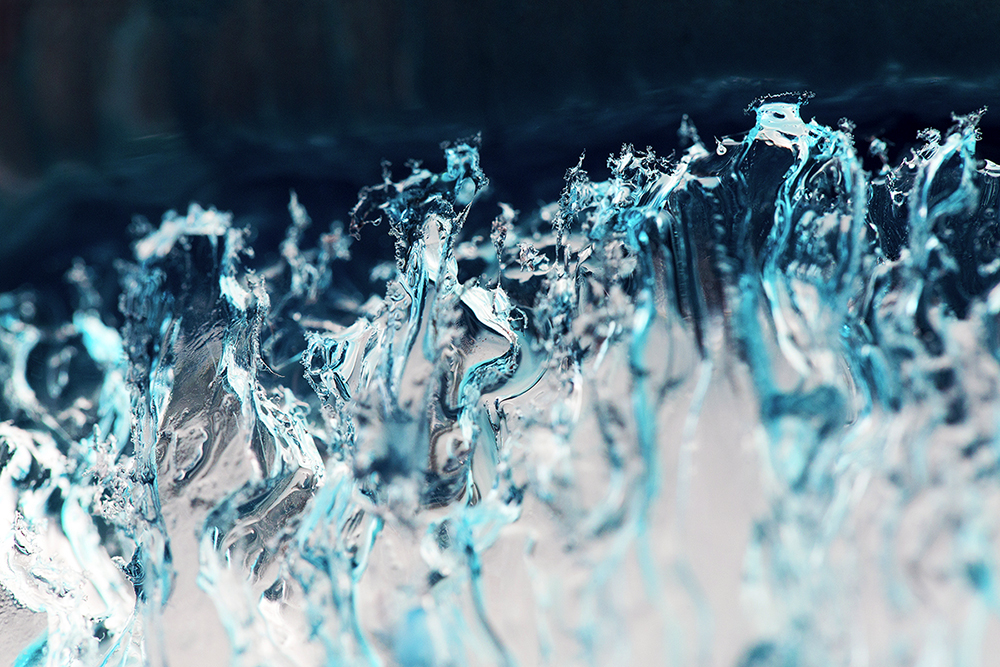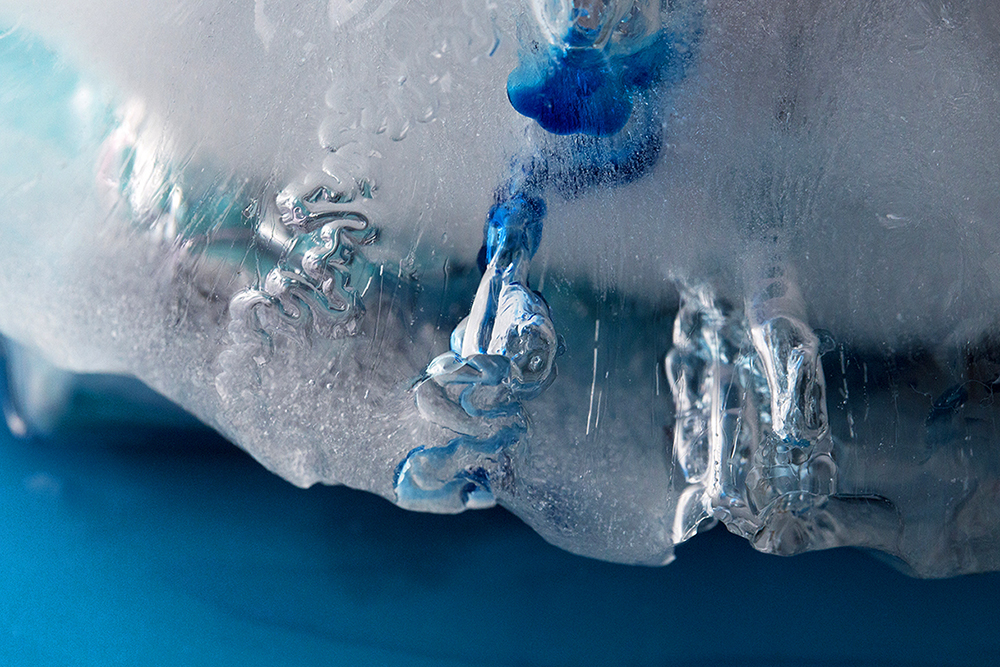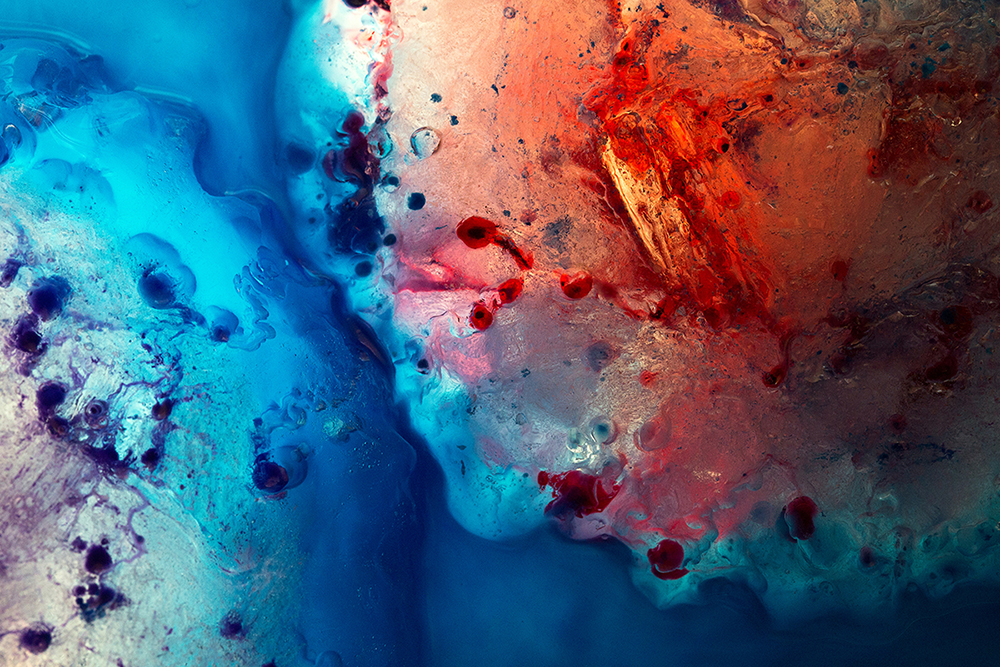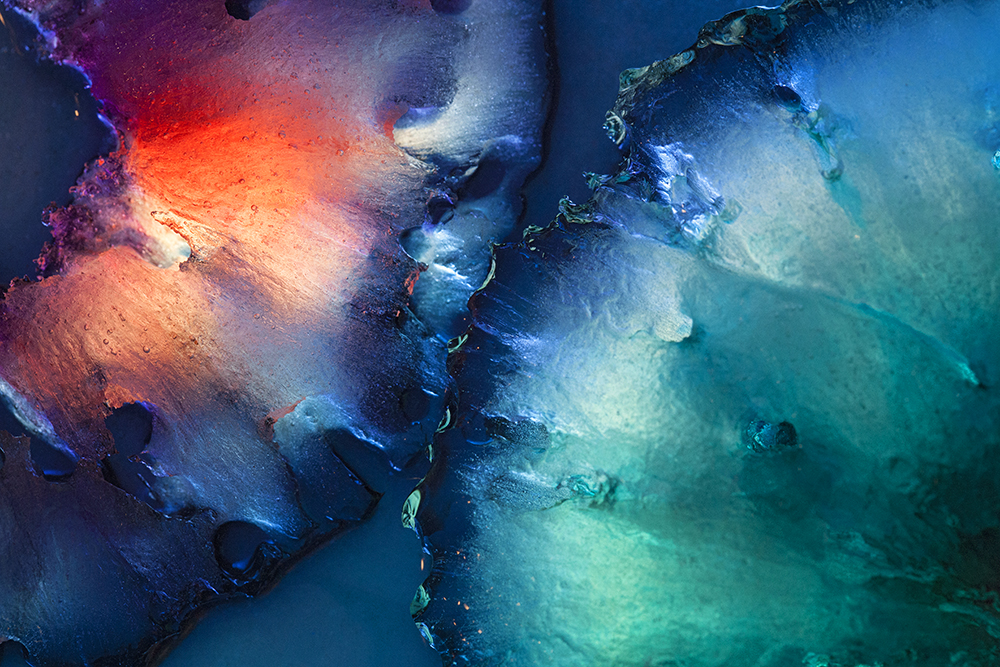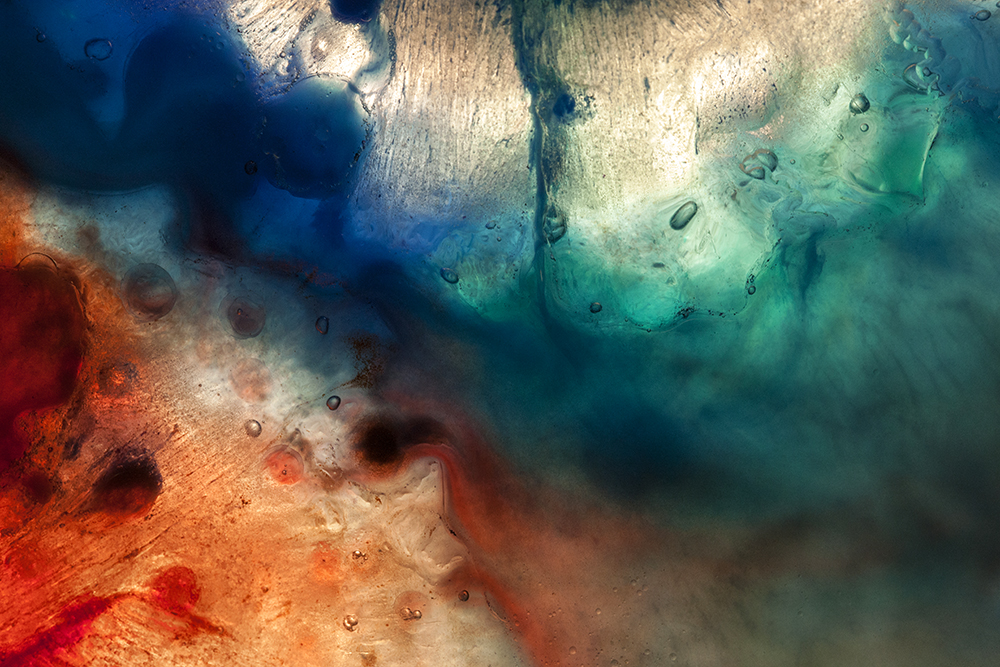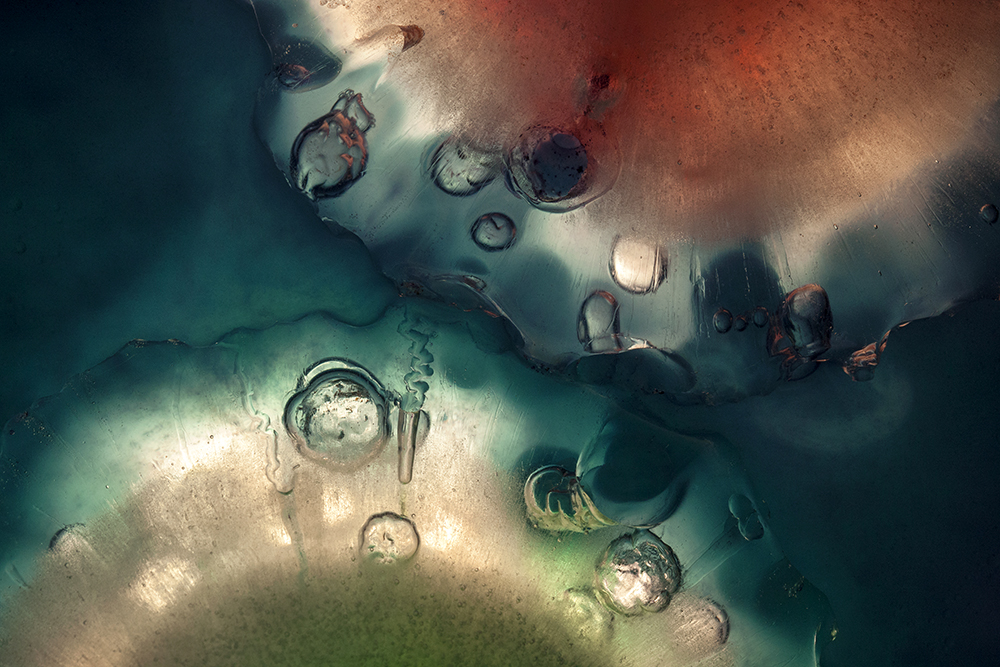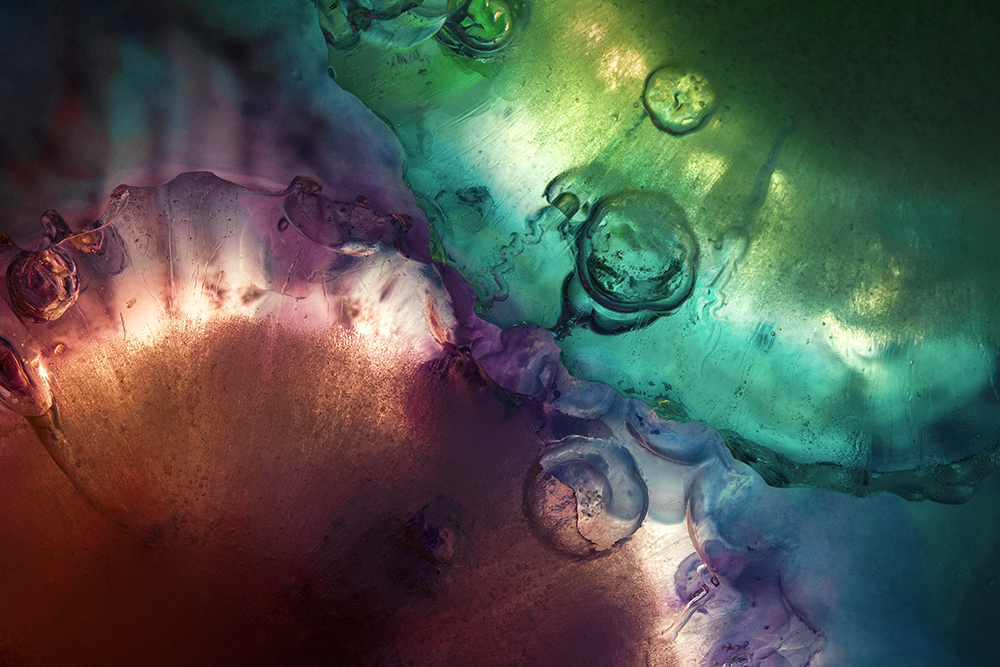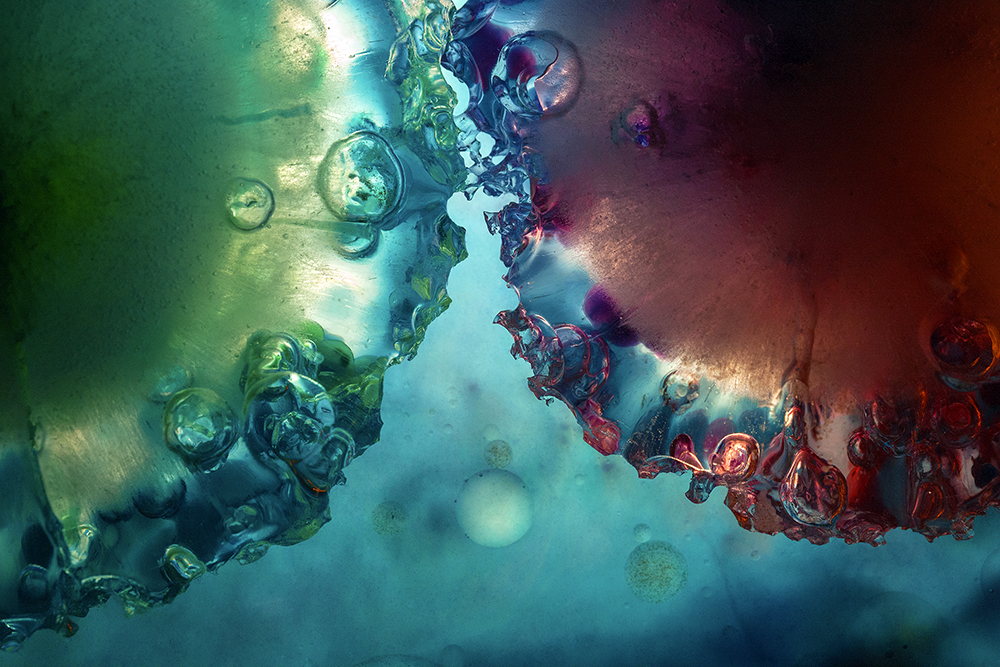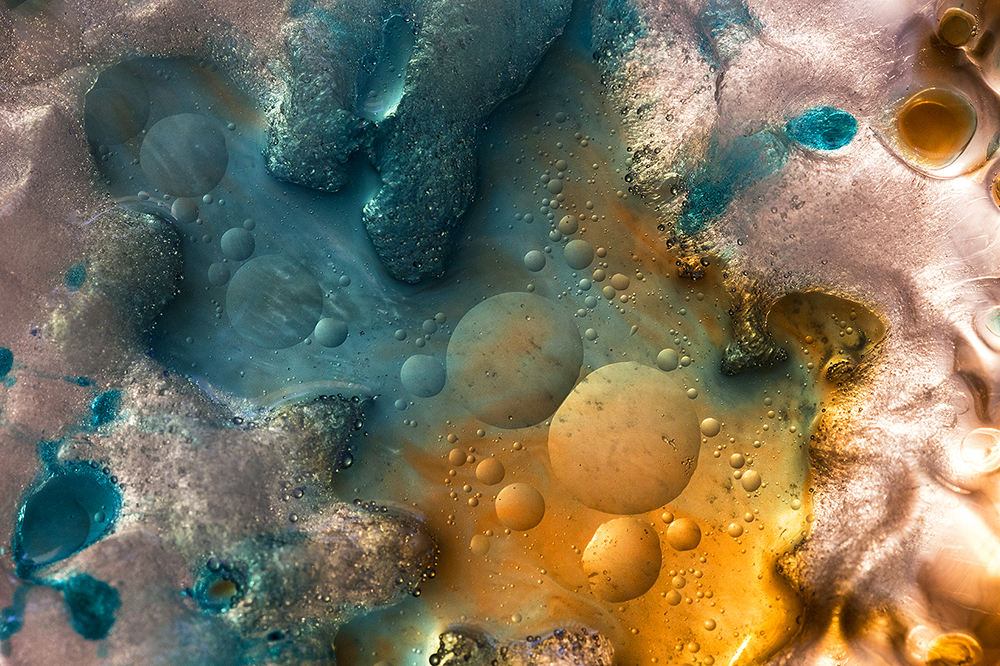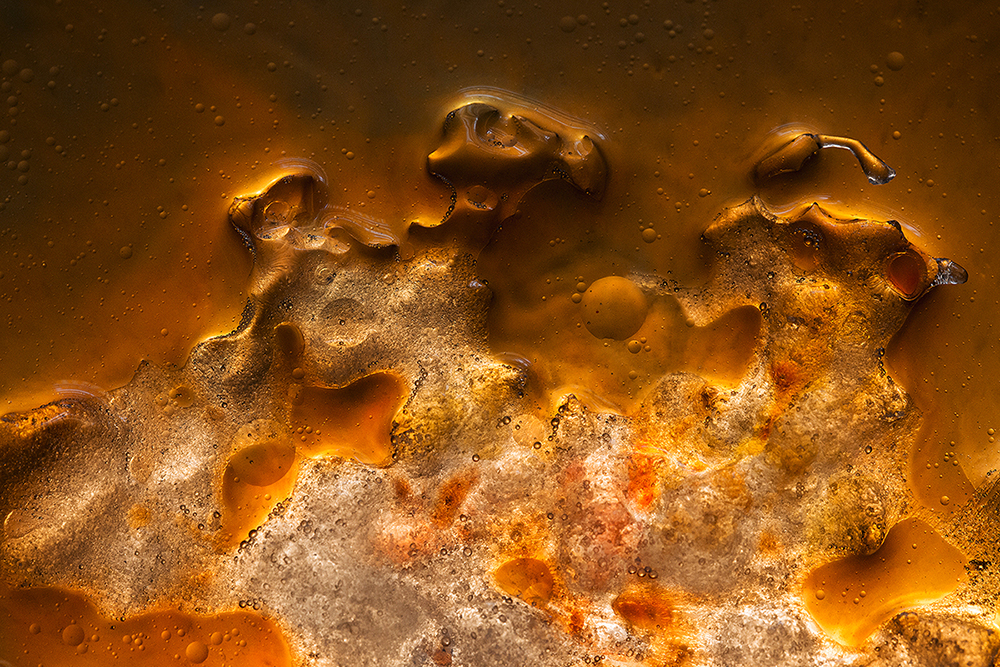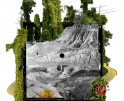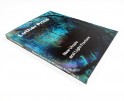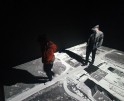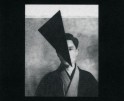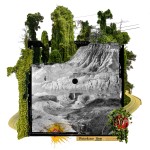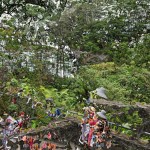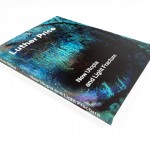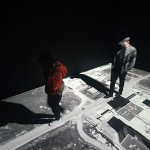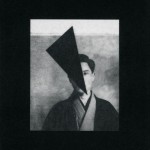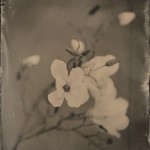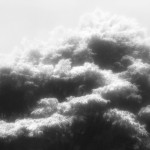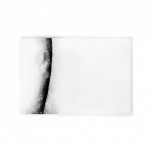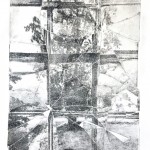Focus on Croatia: Maja Strgar Kurecic: Escape Landscapes
Maja Strgar Kurecic is a dreamer and story-teller. She follows her intuition in abstract aesthetic. With her Escape Landscapes series, she moves her intuitive art based into worlds of fantasy. The concept of escapism is a form of visual poetry that seeks find images within new worlds in her mind and imagination. Escapism is the origin of her journey. She seeks vision and dreams that are avenues of positive meaning. There is essential beauty in different places. She emphasized that the genesis of landscapes is universal with a positive connotation.
Escape Landscapes series is personal and each image is another world. Those landscapes could be both inner voices or far away from us. As an artist, she sees the importance of the shapes and the essence, as she caught the luminous force of light. Senses of various ionic forms, color, geometry, and proportion of nature are significant. The point of view is poetic, with the harmonic vision of universal order. Her works tell us about life and death, passion, and emotions that speak softly.
Maja Strgar Kurecic (born 1972) is a Croatian fine art photographer born, raised, and based in Zagreb. Since the middle of the 1990s, she has been a professional photographer and educator. She works as an Associate Professor of photography at the Faculty of Graphic Arts, University of Zagreb. She has been involved in photography for more than twenty-five years as a lens-based artist with a strong background and experience in commercial, advertising, and photojournalism. Within a deep personal devotion to a scientific but delicate approach, she overcame documentary and narrative and found herself in deep analytical and philosophical fields of experimental and abstract photography.
Maja uses a camera as a tool that captures inner voices, emotions, and moods without the need to interpret reality. Most of the time, the process is spontaneous, intuitive, and unconscious. Her Abstract Art is a form of escapism that highlights the most difficult emotions in our everyday lives. Her abstract images talk about disconnections from the experience and balance in contemporary society. Those are layers of wonder in its most idealistic and pure form of art. Her work Escape Landscapes has been featured widely with international recognition of her experimental photographic projects. The most recognized works are abstract images from portfolios Other Worlds, 2017 – 2018, Escape Landscapes, 2017– 2019; Floating Garden, 2019 – 2020, and Lunaria Rediviva, 2020.
She is a multi-awarded Croatian photographer, include Julia Margaret Cameron, International Color Award, Black and White Spider, Moscow International Photo, Minimalist Photography, ND Photography, Chromatic, Tokyo International Photo, Fine Art Photography Award, All About Photo (The Mind’s Eye finalist), San Francisco Bay International Photography Awards, Prix de la Photographie Paris, Pollux Awards. Publications and magazines featured her work include F-Stop Photography Magazine, Bokeh Bokeh Photo, Edge of Humanity Magazine, Szeroki Kadr Nikon Poland, La Lumiére Gallery, FotoNostrum Magazine, APP Magazine, among others. She is an active member of the Section for Fine Art Photography in Croatian Association of Artists of Applied Arts ULUPUH, and Croatian Press Photographers Association CPPA. IG @majastrgar
Escape Landscapes
From the Other Worlds series, I started Escape Landscapes. This body of work was made in the same way and under similar conditions. This time I do not point to the vastness of the Universe. I wanted to explore abstract motives that are more ambiguous and don’t necessarily look like something specific. In the beginning, I did not know what I was doing, but the excitement that I felt told me to proceed. My motivation was curiosity and the pure pleasure of creating images from the water, paint, and liquids that came under my hand. I used a small glass bowl and natural light from the window and the desk lamp. I used Photoshop only to transfer photographs from the raw format.
In the confidence of my room, I immerse myself in an unpredictable, magic world of colors and fluids. I create abstract motives from scratches. With the camera, I catch the subjects and hold the changing process of their interaction. What was elusive to the eye becomes visible in images. Although these photographs look like an abstract expression of colors and shapes, they imply much more. They represent metaphorical landscapes, places where I escape from daily anxieties and the real world. What drives me in creation is the endless search for unfettered spaces and boundaries where we are standing and step into the infinity of the imagination.
For me, art is a journey to freedom, to an open stream of bright ideas.
DJ: Why Photography?
Maja Strgar Kurecic: I have been attracted to the visual media ever since. Giving viewpoints and feelings, ideas, and stories through images have always been a way of expressing myself. When I look at the world, I see pictures, depending on the light, colors, shapes, including my emotional state. Through photography, I search, create, and imagine. I shoot with my camera what I perceive with my soul, invisible to the visible life. In photography, I love the instant possibility of explaining presence. I like working with a camera because of the honesty she gives. I take ordinary objects and make them unique. I am excited about truth-based stories and Abstraction based on reality.
DJ: When did you discover the path of being a photographer/artist?
Maja Strgar Kurecic: When I was young, I had many interests. I was drawing to graphic design, photography, sculpture, and architecture. My father and grandfather were architects, so I was interested in architecture from an early age. My uncle was a photographer in Rotterdam, so I learned about photography through his work. Through my studies at the Faculty of Graphic Arts, I worked as a graphic designer and photographer in national daily newspapers. After I graduated, I was offered a job as an assistant at University. These were very unsettled times in Croatia, in the middle of the Homeland War. It was a proposal not to be missing. I received a Ph.D. in the scientific field of graphic technology and digital photography and finally became a photography professor at the Faculty of Graphic Arts. Photography has always been a constant in my life.
DJ: What are your challenges as an artist?
Maja Strgar Kurecic: In all my work, my biggest dare has always been time. How do I settle everything I have to do with what I want to do? I do have lots of ideas but lack of time. It is a challenge to find my balance, focus, cleanse my mind from external influences. The visual language of photography as a response to my inner state of mind and feelings is the origin. I trust my intuition and often revel in it when shooting without thinking about what, how, and why. That usually comes next. I give time to create an idea that brings up. I have the privilege of not compromising on photography because of my job at University.
DJ: Is there anything you would like to tell us that nobody has ever asked you about photography?
Maja Strgar Kurecic: Photos from my recent series Other Worlds, Escape Landscapes, and Floating Garden, were taken in one glass bowl in which I usually roast the meat for Sunday lunch. When I began working on the Other Worlds series back in 2017, I never thought that this bowl would become that important in my photographic work in the past few years. I could replace it with a new bowl that would be just for the photographing, but I am not because I intuitively want to relate my photographic art with daily life. For the same reason, I am taking a picture in a non-regular studio. I don’t use professional lighting. My temporary studio is my son’s room, with a window light and his little desk lamp.
Also, I did not want to intervene in the taken photos with any subsequent processing. Photoshop, one of the subjects that I teach at University, was not the option. My landscapes created in a kitchen bowl are captured with a camera as they are. I needed to prove that I could take symbolic landscapes and faraway spaces at my home; I could travel in my mind.
DJ: What’s next?
Maja Strgar Kurecic: Who knows? The present is so challenging to plan anything. I am planning my solo exhibition of the Floating Garden series at the Zagreb Kranjcar Gallery. An opening will be in May 2021, and that is almost certain. Participation in the 6th Biennial of Fine Art and Documentary Photography at FotoNostrum Gallery in Barcelona 2021 is pretty sure, too. I started a new project in the early spring of 2020. It was at the time of the first lockdown, the outbreak of the Covid-19 pandemic. These are photos of a forest nearby. I found there my escape and silence in these troubling times. It is about light and color in the landscape and showing an intimate impression of the woods.
Draženka Jalšić Ernečić is a senior curator, researcher, writer, editor, and reviewer of visual arts and photography, having published criticism in the history of art and photo collections, graphic design, packaging, and photography. The focus of her endeavors is to work with photographers and photo communities to promote global cultural exchanges in photography.
Drazenka Jalsic Ernecic has been a museum curator and museum storyteller, editor and photo-editor, and administrator for over 25 years. Currently, she is a senior curator of art collections at the Koprivnica Museum in Croatia. Previously, she was the museum director, program manager, editor, and publisher. She participates in the exhibition organization and production and museum workshops and lectures. Through her work in museum management, she participated in fundraising and program evaluation components, which led to her interest in using evaluation strategies to better understand curatorial and organizational processes in art museums and photography collections, both private and public. Other previous experience includes industrial and corporate marketing, which she practices in a museum, photo-editing, portfolio reviews, and criticism of photo-based visual arts. Drazenka presents widely at national and international photo festivals, reviews, competitions, and exhibitions. Her research interests include curation, evaluation, and interpretation of photography and photo-based visual arts.
Posts on Lenscratch may not be reproduced without the permission of the Lenscratch staff and the photographer.
Recommended
-
Earth Week: Casey Lance Brown: KudzillaApril 25th, 2024
-
Earth Month: Photographers on Photographers, Dennis DeHart in conversation with Laura PlagemanApril 16th, 2024
-
Luther Price: New Utopia and Light Fracture Presented by VSW PressApril 7th, 2024
-
Artists of Türkiye: Eren SulamaciMarch 27th, 2024
-
European Week: Sayuri IchidaMarch 8th, 2024

